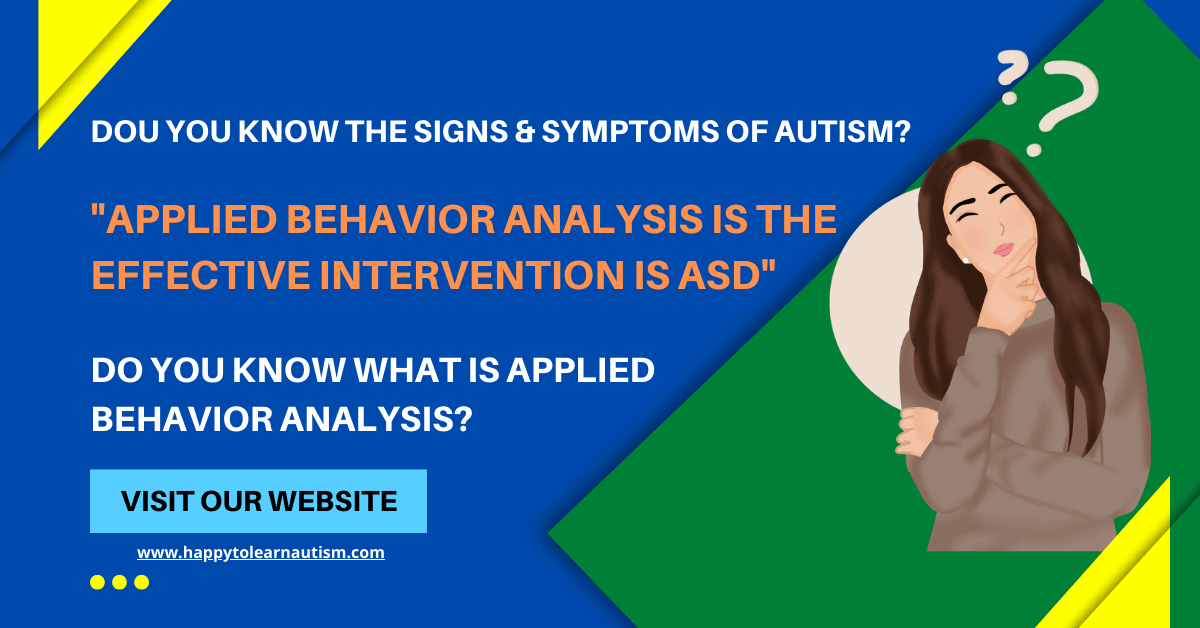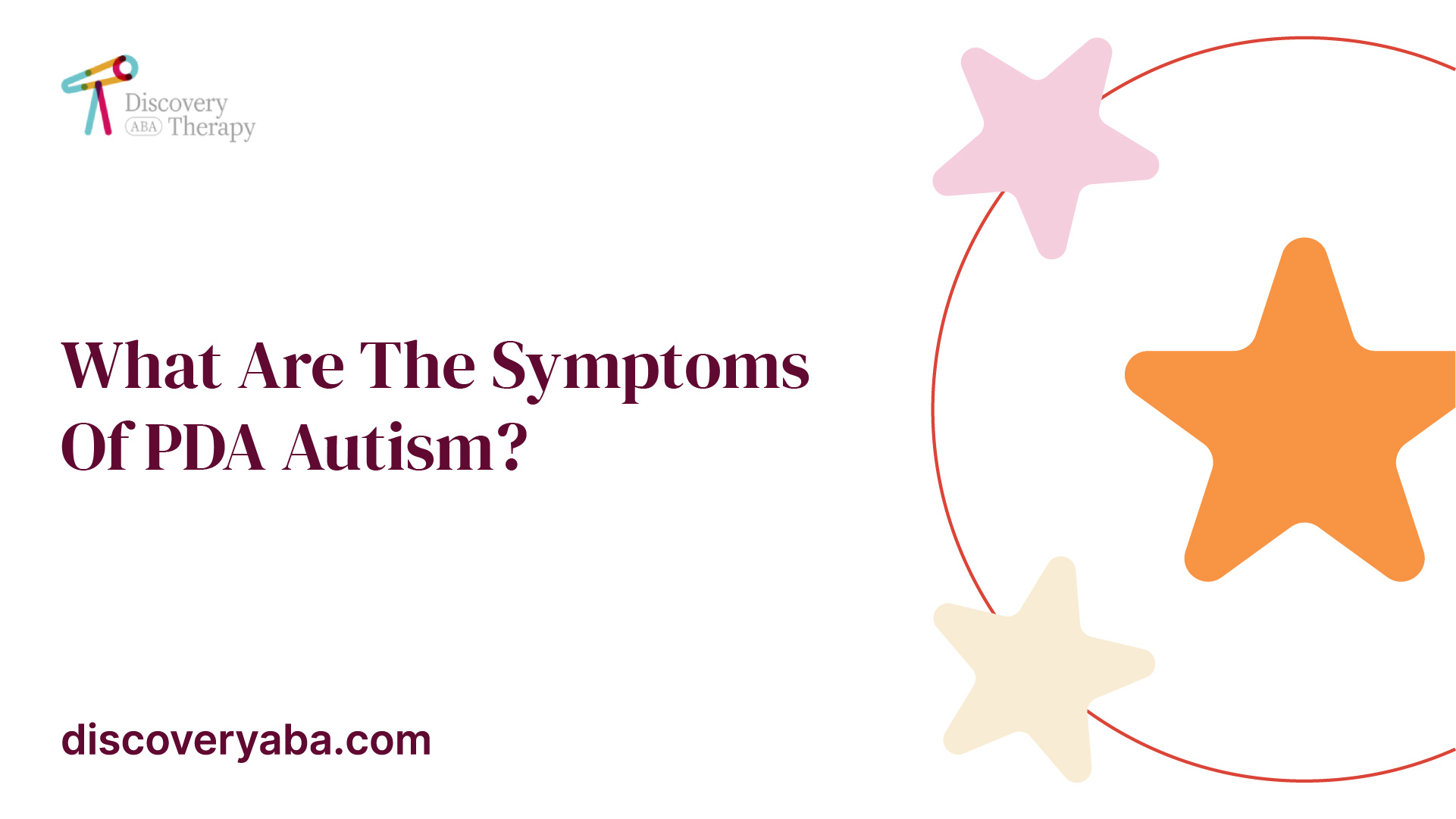Signs it’s time your family needs Autism Behavioral Therapy
Signs it’s time your family needs Autism Behavioral Therapy
Blog Article
Comprehending the Impact of Behavioral Autism on Day-to-day Live and Social Communications
You may not understand exactly how deeply behavior autism impacts daily life and social communications. People on the range frequently browse a world filled with interaction obstacles and sensory overload. These difficulties can lead to disappointment and seclusion, impacting their relationships and total well-being.
Defining Behavior Autism and Its Attributes
Behavioral autism, usually described as autism range problem (ASD), includes a range of conditions identified by challenges in social communication, communication, and repetitive behaviors. You may see that individuals with ASD often struggle to interpret social cues, which can cause misunderstandings in conversations. They might find it tough to develop eye get in touch with or participate in tiny talk, making social scenarios feel overwhelming.
Interaction troubles can show up in different methods, from delayed speech advancement to a choice for making use of fewer words. Repetitive habits, such as hand-flapping or shaking, can offer as coping systems to manage tension or sensory overload. These characteristics can profoundly affect day-to-day life, making it essential for you to understand and support those with ASD. By acknowledging these traits, you can foster an atmosphere that promotes acceptance and motivates efficient interaction, helping individuals with autism thrive in their everyday communications.
The Range of Autism: Comprehending Variability in Habits
Autism spectrum condition (ASD) isn't a one-size-fits-all diagnosis; it differs commonly amongst people. You may run into individuals that are extremely verbal and involve quickly in discussions, while others may choose singular activities or connect non-verbally.
Additionally, the way people with ASD respond to sensory input can vary substantially; some could be overwhelmed by loud sounds or bright lights, whereas others prosper in stimulating settings. The spectrum likewise consists of differences in social communications; some individuals might have a hard time to interpret social hints, while others browse social settings with loved one ease. Recognizing this variability is important, as it helps you value everyone's one-of-a-kind experience and tailor assistance to their specific demands, fostering a much more comprehensive atmosphere for everyone.
Interaction Difficulties Encountered by Individuals With Autism
When you connect with individuals on the autism range, you might discover their special interaction challenges. They usually deal with troubles with both nonverbal and verbal hints, which can impact their social interactions. Recognizing these barriers is crucial for promoting far better connections and support.

Verbal Communication Troubles
Several individuals on the autism spectrum experience verbal communication problems that can considerably impact their everyday interactions. You could locate it testing to express your thoughts, feelings, or needs clearly. This can bring about frustration for both you and those around you, as misunderstandings happen. You might have problem with launching conversations, maintaining a topic, or comprehending nuances in speech. Often, you may like making use of straightforward language or recurring expressions, which can restrict your capability to take part in deeper conversations. Your tone, speed, or quantity may not straighten with social assumptions, causing others to misinterpret your intentions. Recognizing these challenges can aid you and your assistance network establish techniques to improve communication and foster far better connections with others in your life.
Nonverbal Interaction Barriers
Spoken communication isn't the only obstacle individuals on the autism range face; nonverbal communication obstacles can be simply as substantial. You could find it hard to interpret body movement, faces, and eye call, which are necessary for efficient interaction. These difficulties can lead to misconceptions or misconceptions of social signs, making interactions really feel frustrating or complicated. You may struggle to reveal your very own feelings through nonverbal ways, leaving others unclear of your sensations or intents. This detach can develop sensations of isolation and disappointment. Acknowledging these obstacles is crucial for promoting understanding and empathy in your interactions. By resolving nonverbal communication, you can locate strategies to enhance your social experiences and enhance your overall high quality of life.
Social Communication Effects
Social communications can commonly feel overwhelming as a result of the one-of-a-kind communication difficulties dealt with by people with autism. You might battle with translating social hints, making it difficult to comprehend sarcasm or body language. This can lead to misunderstandings or unpleasant minutes in conversations. In addition, initiating and maintaining discussions might really feel tough, triggering stress and anxiety in social situations. You may like structured atmospheres, making spontaneous interactions uncomfortable. It's likewise usual to experience problem in taking part in small talk, which can impede forming brand-new friendships. Identifying these difficulties can aid you find strategies to boost interaction, such as practicing social abilities in safe settings or making use of visual aids - Aba Therapist Near Me. Recognizing your requirements allows you to navigate social communications with greater self-confidence and simplicity.
Social Interaction and Connection Structure in Autism
While structure connections can be testing for people with autism, understanding their one-of-a-kind perspectives and interaction designs can promote significant links. You may observe that numerous people on the range favor direct communication and might struggle with social hints or small talk. By being simple in your communications, you can aid create an environment where they feel comfortable.
Put in the time to observe and listen just how they share themselves. This understanding can guide you in steering conversations much more successfully. Involving in shared passions can additionally function as a bridge to deeper connections. Whether it's a pastime, a favorite program, or a common enthusiasm, these usual strings can open up doors to relationship.
Life Routine: Navigating Challenges and Strategies
Steering everyday life regimens can be especially challenging for people with autism, specifically when unexpected changes take place. To navigate these difficulties, consider carrying out aesthetic timetables or checklists.
Developing a regimen that consists of sensory breaks can also be useful. This helps develop an understanding setting.
Finally, technique mindfulness techniques to manage stress and stress and anxiety. Straightforward breathing exercises or basing methods can make a substantial difference. By integrating these strategies, you can boost your daily regimen and minimize interruptions, making life really feel a lot more manageable.
Strengths and Capabilities of Individuals on the Autism Spectrum
Understanding day-to-day life routines is just one element of the autism experience. Numerous individuals on the autism spectrum possess impressive staminas and capacities that establish them apart.
In addition, your memory abilities typically shine, specifically in locations of rate of interest. Autism Therapist. This knack for retaining information can make you a valuable source in areas like innovation, art, or science. You might likewise exhibit solid visual reasoning, allowing you to visualize complex principles and fix problems artistically
Additionally, your special viewpoint on the world can cultivate compassion and understanding in others, enhancing social interactions. Welcoming these staminas not just improves your confidence yet likewise assists others value the varied skills you offer the table.
Producing Inclusive Environments for Individuals With Autism
Producing inclusive atmospheres for individuals with autism begins with creating sensory-friendly spaces that accommodate their one-of-a-kind needs. You can also foster chances for social communication, aiding to construct friendships and connections. By making these adjustments, you'll add to a much more website welcoming atmosphere for every person.
Designing Sensory-Friendly Spaces
While developing sensory-friendly areas, it's essential to review the one-of-a-kind demands of individuals with autism. Begin by choosing calming shades and soft lights to produce a soothing atmosphere. Incorporate silent zones where individuals can charge and retreat when bewildered. You'll wish to lessen loud sounds and interruptions, utilizing soundproof materials or white noise machines to assist preserve harmony. Think about tactile aspects like soft materials or fidget-friendly objects that can provide comfort. Determine that spaces are versatile, enabling simple reformation to suit various tasks. Finally, include visual routines or clear signs to help people browse the room with confidence. By attentively incorporating these components, you can develop a welcoming environment that supports sensory requirements and promotes overall health.
Advertising Social Interaction Opportunities
Creating sensory-friendly rooms not only addresses specific convenience but likewise establishes the stage for meaningful social communications among people with autism. Motivate peer mentoring, coupling individuals with autism with helpful peers that can direct them with social circumstances. By implementing these techniques, you can improve social chances, assisting individuals with autism construct relationships and reinforce their social abilities in a safe, welcoming atmosphere.

Regularly Asked Inquiries
Exactly How Can Pals Assistance A Person With Behavioral Autism?
You can support a close friend with behavior autism by holding your horses, listening actively, and respecting their borders. Participate in tasks they appreciate, communicate openly, and develop a comfy setting where they really feel valued and recognized.
What Resources Are Readily Available for Moms And Dads of Children With Autism?
You can explore numerous sources for parents of children with autism, consisting of support groups, educational internet sites, and local neighborhood solutions. Attaching with various other parents can likewise supply useful insights and shared experiences to help navigate challenges.
Can Behavioral Autism Adjustment Gradually?

Yes, behavior autism can transform over time. You could observe changes in communication, social abilities, and actions as your youngster grows. Early intervention and support frequently play essential roles in these developing changes.
Exactly How Do Sensory Level Of Sensitivities Affect Day-to-day Live?
Sensory level of sensitivities can make everyday experiences frustrating. You might battle with loud sounds or brilliant lights, leading to anxiety or avoidance. Discovering atmospheres that accommodate your requirements can substantially enhance your convenience and general day-to-day live.
What Prevail Misconceptions Concerning Behavioral Autism?
You might assume behavior autism just influences communication skills, yet it's even more complicated. Lots of think individuals do not have empathy or intelligence, which isn't true. Understanding these misconceptions helps foster approval and support for those on the spectrum.
Behavioral autism, commonly referred to as autism range problem (ASD), incorporates a range of conditions characterized by challenges in social interaction, communication, and repetitive behaviors.Social interactions can usually really feel frustrating due to the special interaction obstacles dealt with by people with autism.Designing sensory-friendly spaces not only addresses individual comfort yet additionally establishes the phase for significant social interactions among individuals with autism. Urge peer mentoring, pairing individuals with autism with helpful peers who can guide them through social circumstances. By carrying out these strategies, you can enhance social possibilities, assisting people with autism develop friendships and reinforce their social abilities in a risk-free, welcoming setting.
Report this page